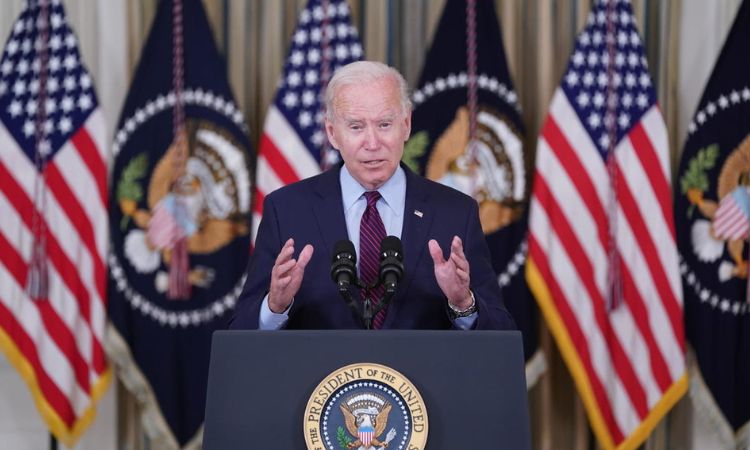Introduction:
A recent meeting between White House and Republican congressional negotiators to discuss raising the federal government’s debt ceiling has ended without progress or a set date for another meeting. With less than two weeks before June 1, when the Treasury Department warned of a potential default, tensions rose during the acrimonious talks.

Despite acknowledging “serious differences” with Republicans, President Joe Biden expressed optimism that a default could be avoided. Republicans have insisted on spending cuts as a condition for approving an increase in the debt ceiling.
No Progress Made in Talks:
The second meeting between White House and Republican negotiators concluded with no progress reported by either side. Republican Representative Garret Graves described the discussion as candid, but not a negotiation. The timing for the next meeting remains undecided. House of Representatives Speaker Kevin McCarthy emphasized the need to alter the trajectory of government deficit spending and the increasing national debt. Meanwhile, senior White House adviser Steve Ricchetti refrained from assessing the talks.
Challenges in Reaching a Deal:
Representative Patrick McHenry expressed doubts about meeting McCarthy’s goal of reaching a deal over the weekend that could then be presented to Congress for passage. The delicate balance of power in Congress, with Republicans controlling the House by a slim margin and Democrats holding a narrow majority in the Senate, makes it challenging to secure enough votes for a mutually agreeable deal.
Divergent Views on Spending Cuts:
Democrats aim to maintain spending at current levels, while Republicans want to revert to 2022 levels. The House passed a plan that would reduce government spending by 8% next year, without specifying the exact areas of cuts. Republicans have suggested protecting military and veterans programs while accepting average cuts of at least 22% on domestic programs, a figure not disputed by top Republicans.
Impact on Financial Markets:
The news of stalled negotiations had a negative impact on U.S. stocks, which closed the week on a weak note. The uncertainty surrounding the debt ceiling talks raises concerns about the potential consequences of a default on the economy.
Republican Demand for Spending Cuts:
Republicans continue to push for significant spending cuts in exchange for raising the debt ceiling. They argue that such cuts are necessary to cover costs incurred from previous spending and tax cuts approved by lawmakers.
Democrats’ Criticisms and Concerns:
Democrats have criticized President Biden for being away in Japan for the G7 summit during this critical stage of the negotiations. Additionally, some Democrats have raised concerns about new work requirements for federal benefit programs for low-income Americans being included in the talks.
Revisiting the 2011 Debt Ceiling Crisis:
The nation faced a similar situation in 2011 when there was a Democratic president, a Democratic-led Senate, and a Republican-controlled House. Although default was ultimately averted, the economy suffered significant shocks, including the first-ever downgrade of the United States’ credit rating and a major stock sell-off.
Conclusion:
The recent meeting between White House and Republican negotiators on raising the debt ceiling ended without progress. With the deadline approaching, tensions are high as both sides maintain divergent views on spending cuts and debt management. The delicate balance of power in Congress adds further complexity to reaching a mutually agreeable deal. The potential consequences of a default loom over the financial markets, further highlighting the urgency for resolution.














